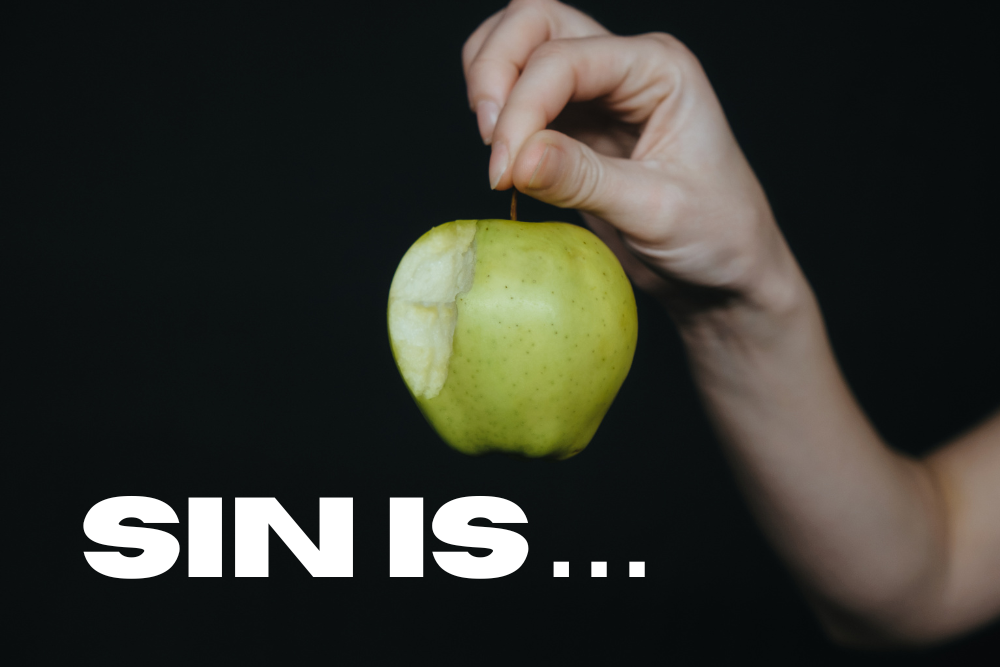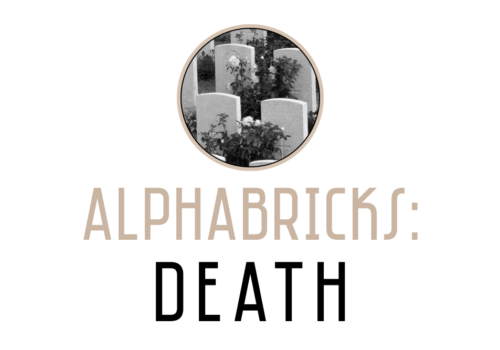“What are sins? Sin, says the Westminster Shorter Catechism, is ‘any want of conformity unto, or transgression of, the law of God.’ This echoes 1 John 3:4, ‘sin is lawlessness.’ It has other aspects too. It is lawlessness in relation to God as lawgiver; rebellion in relation to God as rightful ruler; missing the mark in relation to God as our designer; guilt in relation to God as judge; and uncleanness in relation to God as the Holy One.”[1]
Sin initially keeps us from God’s presence and thus His favor. The generation in which we live errs greatly in thinking that God could or would save us out of love and generosity only while disregarding completely the Bible’s teaching that sin is a stench and abomination to God.
Sin is not just a minor deviation, an error, a misguided step, or a genetic trait that has no healing. Sin is the gross aberration from God’s original purpose for man.
Sin is not something to live in; instead, it is something to be saved from.
Hence, Paul’s words to the Romans first identification of sin’s universality,
“For all have sinned and come short of the glory of God” (3:23),
and then sin’s remedy,
“That if thou shalt confess with thy mouth the Lord Jesus, and shalt believe in thine heart that God hath raised him from the dead, thou shalt be saved. For with the heart man believeth unto righteousness; and with the mouth confession is made unto salvation. For the scripture saith, Whosoever believeth on him shall not be ashamed” (Romans 10:9-11 KJV).
Only by His grace can we make that initial confession that brings us out of sin’s darkness and into the light of Christ’s righteousness.
Yet, as born-again believers, we cannot neglect a continued prayer of repentance as spoken of by Jesus (cf. Matthew 6) in asking the Father to forgive us of our trespasses. As maturing believers, there will be personal sins, once revealed to us by His Spirit, which will need repenting.
Though His grace covers us entirely from our initial repentance through the unknown sin, even after its revelation, that sin may hinder His gifts in us and, thus, our joy in Him—and still needs repenting.
Look at David’s words regarding the weight and presence of his sin in this Psalm:
Wash me thoroughly (51:2);
it is ever before me (v. 3);
make me hear joy and gladness (v. 8);
and restore unto me the joy of salvation (v. 12).
At least a year had passed from David’s sin with Bathsheba until Nathan’s convicting words. David’s sins had been before him for months; his joy and gladness were gone from planting to harvest and through the former and latter rains, and he recorded no Psalms during this time of darkness.
Hidden sin will keep us from functioning in God’s fullness. Yes, David was still king, and we may continue to keep our “life” position in Him, but the Lord has come to give us not just life but abundant life.
Sin keeps us from abundant life!
Following his pouring out of self in repentance, as seen in Psalm 51, David ends his worship gift’s drought with three more songs:
Psalm 32, “Blessed is he whose transgression is forgiven, whose sin is covered” (v. 1);
Psalm 38, “For in thee, O Lord, do I hope: thou wilt hear, O Lord my God” (v. 15);
Psalm 103, “Bless the Lord, O my soul: and all that is within me, bless his holy name” (v.1).
Are you ready to bless His name with me for His forgiving all our iniquities—even as we continue to offer our prayers of repentance?!
(Want a quick theology on sin? See this post from January 11, 2020: https://readjohnpace.com/alphabricks-sin/)



